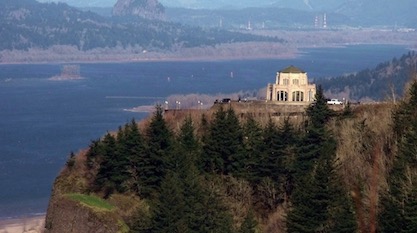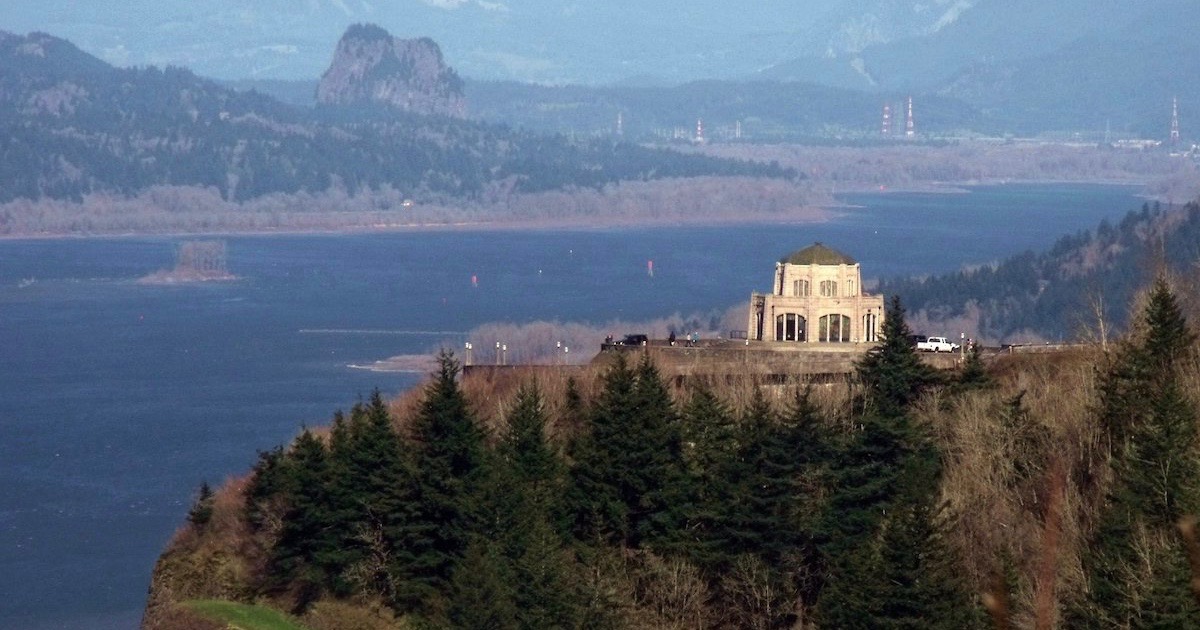 Culture & Ethics
Culture & Ethics
For Rivers, a “Right to Flow”?


I have an extended cover story in the current issue of the Acton Institute’s journal, Religion and Liberty, about the existential threat to rationality and human exceptionalism posed by the “nature rights” movement. I hope you will take the time to read it.
Most media with which I interact on this issue assume that advocating personhood for nature must be a fringe meme. It certainly should be, but increasingly it isn’t. Four rivers and two glaciers have been granted “rights.” More than 30 U.S. municipalities have adopted such statutes, and it is law in Ecuador and Bolivia.
Stamp of Approval by Yale
Here’s more evidence that “nature rights” are increasingly accepted by the intellectual mainstream. An environmental journal, Yale Environment 360 — published by the Yale School of Forestry and Environmental Studies — has just published an accepting story reporting about how far that movement has already come.
Moreover, it seems to advocate this approach, or at the very least, certainly accepts it — no critical voices are presented throughout the extended article — and concludes on a complimentary note. From, “Should Rivers Have Rights? A Growing Movement Says It’s About Time”:
Despite the promise held by establishing legal rights for rivers, difficult questions remain. What does it mean for a river to have the rights of a person?
Does a river have the right to flow freely, and does this mean its waters can’t be dammed or diverted? Is compensation to affected communities permissible in lieu of court orders requiring removal of large obstructions like dams?
What can we do to move beyond merely acknowledging humanity’s connection to rivers to actually saving them? And, finally, and perhaps most important, how should a legal regime determine who will advocate on behalf of a river, which lacks a voice of its own? In the future, these are questions policymakers will have to address.
A “Right to Flow”?
Considering that “the right to flow” is the first of many purported “rights” of rivers, these questions are not only very germane, but clearly materially threaten human thriving.
I agree that policymakers should address this issue — throttling it while it remains embryonic. One easy way would be to enact statutes and promulgate regulations unequivocally stating that non-human animals and all aspects of “nature” have no legal standing in any court and cannot be the subject of enforceable rights.
But to do that, people will have to start taking the threat of “nature rights” seriously, and alas, that doesn’t seem to be happening. Such “It can’t happen here” complacency could have far-reaching adverse consequences in the years to come.
Photo credit: Columbia River, by Sarah McDevitt, via Flickr (cropped).
Cross-posted at The Corner.
